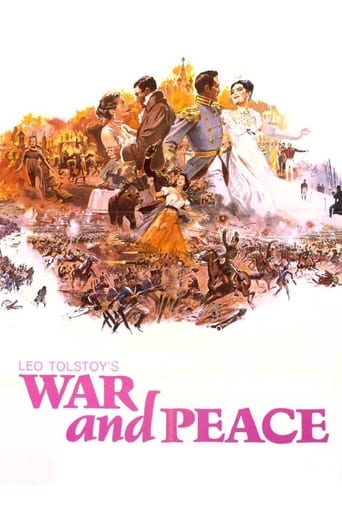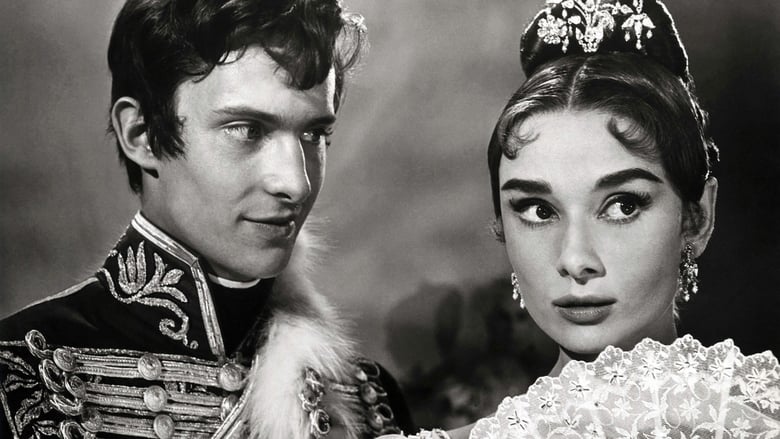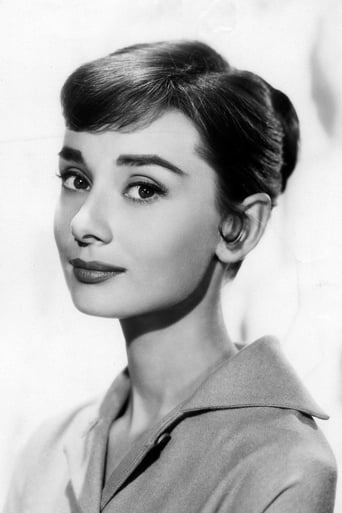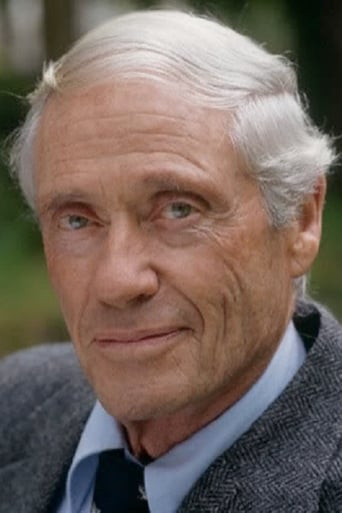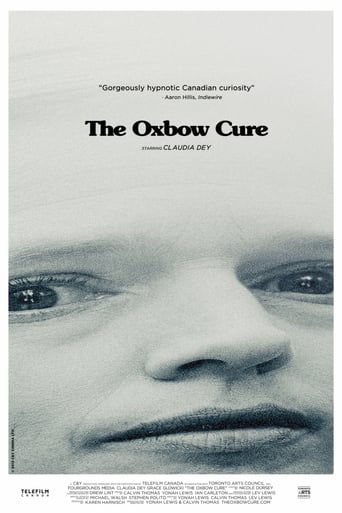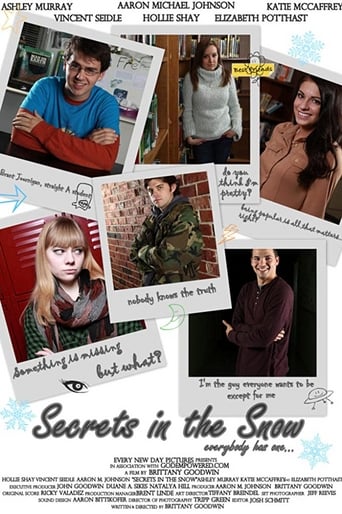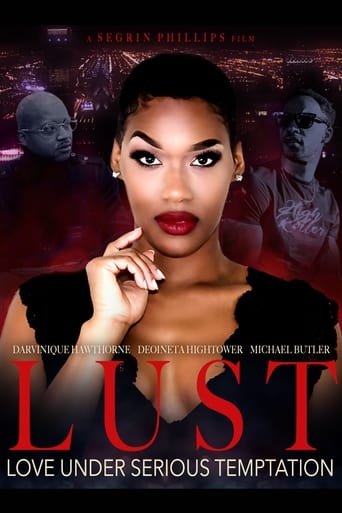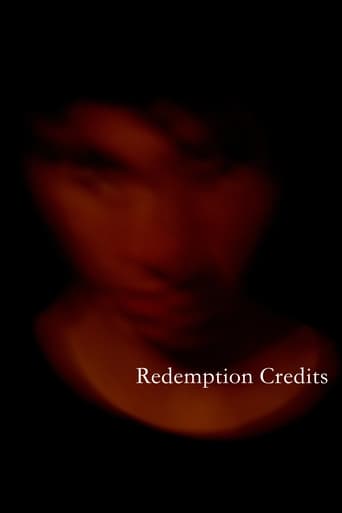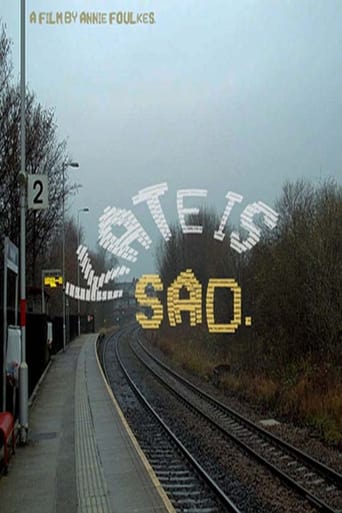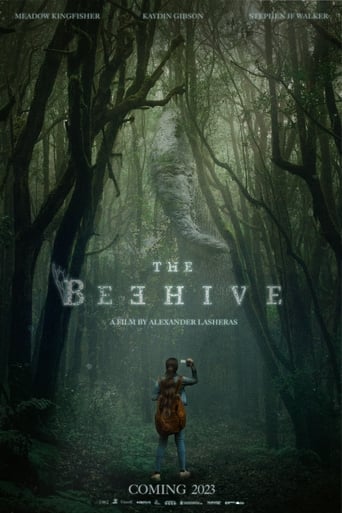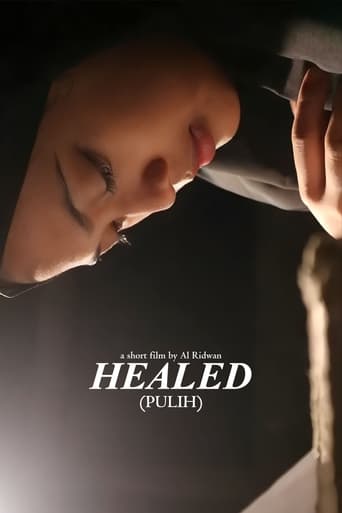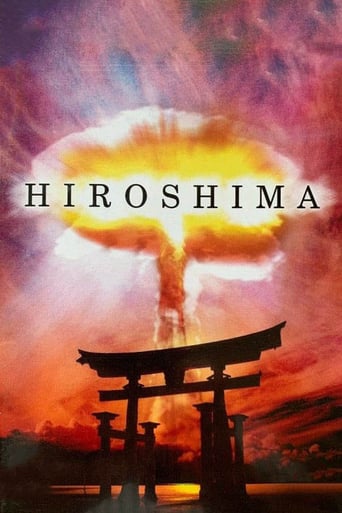War and Peace (1956)
Napoleon's tumultuous relations with Russia including his disastrous 1812 invasion serve as the backdrop for the tangled personal lives of two aristocratic families.
Watch Trailer
Cast


Similar titles
Reviews
You won't be disappointed!
People are voting emotionally.
The film makes a home in your brain and the only cure is to see it again.
This is a small, humorous movie in some ways, but it has a huge heart. What a nice experience.
Anyone who has read, as I read, the entire book "War and Peace", has a clear idea of the enormous work that must have done to make this film. Its probably one of the most complex war dramas ever written and the largest dramatic book I have ever read. It's not my bedside book, but it's certainly one of my favorites when it comes to Russian literature. Directed by King Vidor (who transformed this film into his greatest masterpiece), he has Audrey Hepburn (in the role of Natasha), Henry Fonda (as Pierre) and Mel Ferrer (as Prince Andrei).The script is very faithful to the book and seeks to make a legitimate adaptation. However, its very slow, giving too much emphasis and spending too much time on certain scenes without need, and it lacks emotions and strength, being unable to thrill or grab our attention. Perhaps the complexity of the original material has caused so many difficulties for the writing team that they have not been able to handle it in the best way. As for the actors, I liked Audrey Hepburn, she knew how to give life and joy to her character, but I expected more from Mel Ferrer, he did not understand his character. I hated Henry Fonda... he had one of the most psychologically rich characters in the novel and simply was unable to deal with it. It was a clear casting error.The film has excellent war scenes and portrays very well the armies but always without emotion or danger, in a very warm manner. The costumes and scenarios fill my expectations and have taken great attention with detail and realism, which is quite pleasant. Cinematography is quite pleasant, although it exaggerates in brightness sometimes. Nino Rota is responsible for the soundtrack and did a good job. Anyway, as this movie has the worst sound effects I've heard in movies, I will not criticize the soundtrack.
People consider it a task reading any Tolstoy book, but when they realize Tolstoy's reasons behind writing so much, they shall simply fall in love with his works. In War and Peace, you may ask why Tolstoy included so many scenes of so many characters. The last philosophical epilogue that many people choose to skip provided me with some answers. Tolstoy felt that there were innumerable causes, time and external factors to analyze before judging a person's actions or an event. His scenes are branched out only to emphasize this very point, that a person can't be judged as good or bad by just regarding one deed of his/hers. Take Natalie's elopement for instance: in the book, we sort of anticipate this impulsive tendency of Natalie through her internal thoughts, her family's similar traits and her failed romances with Boris and Denisov. This not being clearly mentioned in the movie, we are forced to think Natalie tries to elope only because she was unwelcomed by Princess Marya and Count Bolkhonsky since their encounter precedes the scene at the theater. Tolstoy the writer had the freedom to extend his book as much as he wanted to justify his characters' intentions to an extent, while King Vidor the filmmaker has to consider many factors while making War and Peace, the most important being to make his work a box office hit. Thus, in spite of being fairly impressive in bringing the book to screen, Vidor's War and Peace isn't able to capture the nuances that the genius Tolstoy could. The runtime of War and Peace, despite stretching a generous 210 minutes doesn't manage to do enough justice to many of its events, especially the arc involving Pierre's relationship with Helene, which had to be deliberately stretched 'without' the presence of the characters together in order to emphasize how pathetic and disconnected their marriage was, but isn't. Through this disconnection, Pierre's feelings of attraction and pity towards Natasha automatically increased in the book but since the scenes in between the rare encounters of Pierre with Helene can't be stretched too long in the movie, there isn't enough of the latent passion within Pierre towards Natalie as in the book, especially when Pierre comes to console Natalie after her failed elopement (in the book, Pierre is so moved by her plight he immediately falls in love with her).Or take Napoleon's accession and fall; in spite of Herbert Lom's sincere performance as the pompous, arrogant tyrant, we don't feel the aura that a war and its aftermath should create because Vidor limits the number of characters, thus not emphasizing Tolstoy's statement that in a war, there are so many forces working together. The countless negotiations and treaties, the faulty calculations and wrong assumptions by the various argumentative generals and the pawns in the form of millions of Russian and French soldiers was so comprehensively and exhaustively charted out by Tolstoy, readers simply felt overwhelmed and overawed by the gravity of the situation. Vidor plays safe, partly because its 1956, partly because of his direction style, partly because of the screen duration, partly because of budget limitations and partly because it's Hollywood.Pierre's development is quite disappointing; while in the book, he undergoes a sea of change that teaches him that 'the kingdom of God is within oneself', in the movie he (and Prince Andrei) seem secondary to Natasha Rostov. Instances that are supposed to cast a deep impact on Pierre such as the arsonists' execution scene are hastily finished with, and without the inner voice that Tolstoy persistently gives to his characters, Pierre just seems like the same old albeit wounded Pierre after the war. And the Hollywood like resolution was thoroughly unsatisfactory; remember how the intuitive Princess Marya realizes Pierre's feelings towards Natalie and agrees to have a word with her in the book – that anticipation is missing in the movie. John Wayne is miscast indeed as Pierre, but more to blame are the dialogs which do not bother capturing the complexities of Pierre's nature. Brando, the method man could've done much more had he been provided the geeky spectacles of Pierre – he would've demanded for a fat suit to get into Tolstoy's version of the character. Mel Ferrer is in the same boat as Wayne; the issue with him is that his mouth speaks more than his eyes. Not in the case at all with Audrey Hepburn as the spirited, caring and spontaneous Natasha; Hepburn outshines everything else in her scenes with the deeply expressive eyes and her whole body language. The ballroom scene is perfectly played by her and it is exactly how Natalie had been written in that chapter in the book.The audio recording (rerecorded at the studio) is, as you may have heard from many other viewers, bad and some good dialogs sound flat and not in synchrony with the actors' lip movements. The visuals shine but personally I was looking for something darker especially during the war scenes – the murkier the war is, the more we connect with the characters' pains. Costumes at the soirées are better suited then those at war, but I guess Vidor wasn't aiming for too much realism. In the end, War and Peace the movie is a hit or miss affair – it hits whenever Hepburn turns up, stays afloat most of the time and misses at doing complete justice to Tolstoy.Verdict: Acceptable
"War and Peace" (1956) was directed by King Vidor and is based, of course, on the novel by Leo Tolstoy.Tolstoy's novel takes place during the Napoleonic wars in Russia. Interwoven with the grand march of armies are the personal stories of aristocratic men and women who lived through these times. The movie takes a parallel course. There are immense battle scenes intermingled with private scenes of romance, happiness, and heartbreak.When the film was released, Paramount emphasized the battle scenes--their authenticity, the accuracy of the costumes, and the immense resources required to mount and record these images. (Remember, this was 1956. No computer-generated images. You saw on the screen what the camera saw at the moment of filming.) I thought that the "war" aspect of the movie was very effective. Even more effective were the scenes of Napoleon's retreat from Moscow. You could almost feel the cold, the hunger, and the mud.Paramount and Vidor wanted an all-star cast, and that is what they got. Anita Ekberg is Helene Kuragina, called "La Belle Helene." She's the most beautiful--and most ruthless-- woman in Russia. Henry Fonda is miscast as Pierre Bezukhov, the husband of La Belle Helene. Although rich, Pierre is supposed to be inept and clueless. Before a duel, he has to be taught how to fire a pistol. (I felt like stopping the DVD to say, "Mr. Vidor--that's Henry Fonda. He was in "Fort Apache." He played Frank James. He knows how to fire a pistol!")On the other hand, Mel Ferrer is cast perfectly as Prince Andrei Bolkonsky. Ferrer was handsome and aristocratic in appearance and bearing. You accept him as a proud, brave, but somewhat cold hero.Audrey Hepburn was born to play Natasha Rostova. Her appearance matches what Tolstoy tells us about Natasha--large bright eyes, long slender neck, luminous skin. And of course, she could act! She and Ferrer had married shortly before the movie was made, and the chemistry shows. (Incidentally, they must have been the most attractive couple in Hollywood in the 1950's.)I thought the film was well made, and a good adaptation of the novel. The weaknesses in the film are what I perceive as the weaknesses in the novel. With one exception, all the main and supporting characters are wealthy aristocrats. The poor appear only as soldiers, troika drivers, and servants. Also, people who have read the novel know that Natasha makes a ghastly error of judgment. She's Tolstoy's creation, and it represents hubris to second guess him about his own characters. However, I still don't think she would have done it."War and Peace" carries an abysmal 6.7 IMDb weighted average. Why? You have Hepburn, Ferrer, glittering gowns, cavalry charges, and the French retreat from Moscow. Aren't those alone worth an eight or a nine?Seeing the movie on DVD was successful enough. However, it was made for the wide screen. If it ever plays at a theater, don't miss it. Until it plays at a theater, watch it on DVD.
Tolstoy's mammoth Russian novel "Voyna i mir" cannot be summed up in a few mere sentences...however, King Vidor's movie-adaptation certainly can, and therein lies a telling difference between the two. An alarming amount of Hollywood generalities have been incorporated into this script (apparently worked on by numerous writers at different intervals), turning a war story into a star-crossed lovers saga. Grand costume spectacle mixes peculiarly with battlefield drama, just as the location footage mixes uneasily with the studio work. In 1800 Russia, as Napoleon is taking over Europe but finding resistance in Russia and England, a virginal, somewhat boy-happy Countess can't decide to whom her heart belongs: a family friend who initially supports Napoleon or a dashing Prince. The Prince soon becomes a Colonel in the war against the French as Napoleon's army advances, leading to the one spectacular, engrossing sequence wherein Henry Fonda (in dress clothes and spectacles), on a jaunt through the countryside, inadvertently finds himself in the middle of battle. Of the large, international cast, only Herbert Lom as Napoleon seems suitable. Audrey Hepburn wears a succession of lovely outfits, yet always seems to be looking out the window or standing on a balcony, speaking to the skies (at one point she speaks to herself in voice-over, as does Prince Mel Ferrer, and you think the producers have to be kidding!). Henry Fonda looks very handsome, but can't seem to get a grasp on his character; his old-chums relationship with Ferrer is scuttled by Ferrer's fearsome non-acting, and the love-triangle asides involving the Countess are piqued, at best. Director Vidor received an Academy Award nomination for his work, but only the battle scenes excel--the rest is a tad clumsy. ** from ****

